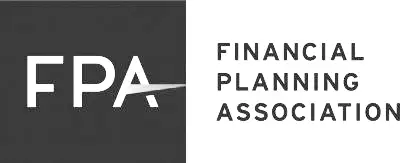The Federal Reserve decided to leave short-term interest rates unchanged when it met in April but left open the possibility of raising rates in mid-June. News of the Fed’s decisions is always of interest to homeowners and prospective homeowners, because short-term rates have an effect (though not a direct one) on the long-term interest rates that mortgage lenders charge.
Should homeowners wait to see what the Fed will do before deciding whether to refinance?
The Federal Reserve does not control mortgages rates, so if it decides to increase or decrease the federal funds rates, it may or may not change mortgage rates. Mortgage rates are much more correlated to 10-year Treasury rates, which are not controlled by the Federal Reserve. The bigger questions are whether refinancing fits into your long-term financial goals, and would lower rates help you reach those goals.
What are the advantages or disadvantages of waiting to see what the Fed does?
If you don’t do it and refinance rates go up, you missed the opportunity. Keep in mind that mortgage rates today have already priced in market expectations on whether the Fed will raise rates. Therefore, it is less important whether they raise rates than if their actions are different from expectations. The stock and bond markets don’t like surprises.
Should small changes in the interest rate affect homeowners’ decision?
No. Homeowners should consider the rate they are paying today versus the rate they would receive if they refinanced. If the savings is enough to justify the time and energy to refinance, it is in your best interest to move forward. It’s like the old saying “a bird in the hand is worth two in the bush.” If you can lock in a good rate today, don’t get greedy looking for too much and lose an opportunity.
Anything else homeowners should keep in mind about refinancing?
I would recommend homeowners look into a no cost/fee refinance versus one in which you have to pay closing costs. The downside is that your mortgage rate is a little higher to offset the no cost/fee, but the benefit is that if rates go lower you can refinance again at a lower cost with no fee, and if rates go higher you have a great rate and do nothing. If you think you may sell your house in the next year or two, the no cost/fee approach is a great way to lower your rate but still have the flexibility to sell when you are ready.
Copyright: olegdudko / 123RF Stock Photo
This article was originally published on NerdWallet.





